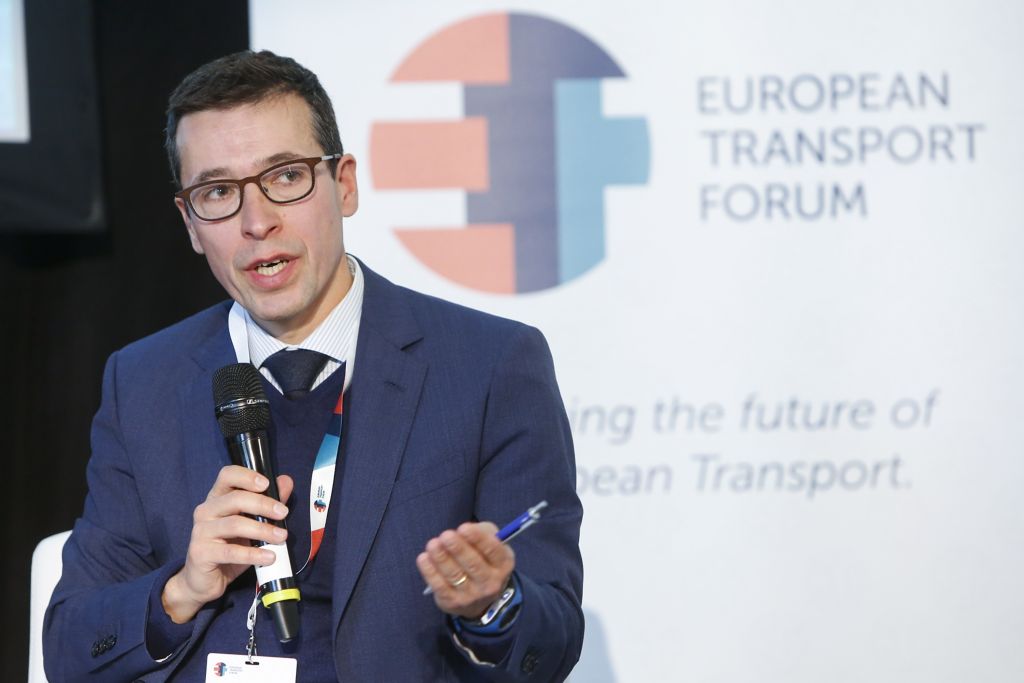Mrs Vălean said the challenge is to reduce the impact on climate without hampering economic growth. When it comes to cutting emissions from heavy- duty vehicles (HDVs), she said that most transporters and their customers want to use less fuel, hence saving money. However, she was cautious that cutting emissions quickly could result in increased costs.
The Commission has set targets for 2025 or 2030 and beyond, and it is unclear at the moment how far the Committee will go with the 420 amendments,” she said. “Any figure put forward by the Commission will be doubled, simply in the name of ambition. This is wrong since ambition should not be about binding targets but about increasing sales at home and abroad and making the entire climate transition of the EU the largest possible economic success. If not, we will face going on the international stage and listening to our partners around the world with empty commitments, while they are heavily increasing their market share as well as reducing their emissions. The only way to have success is to be economically sound.”
Mrs Vălean said she wanted to debate how to ensure a fast update of the Vehicle Energy Consumption Calculation Tool (VECTO), the calculation device that aims to accurately simulate carbon emissions from HDVs. She also wanted to look at the wording of the fast-track procedures and credits to measure emissions by tonne – and thus avert any discrimination of larger trucks. “Super credits should be structured to allow all technologies that emit less to be treated in a level playing field,” she said. “Penalties should also be structured neutrally regardless of truck size. Without technology neutrality we will be gambling against science and markets, and it will show that we have not learned anything from past mistakes when we invested heavily in solar panels or the first generation of biofuels.”
